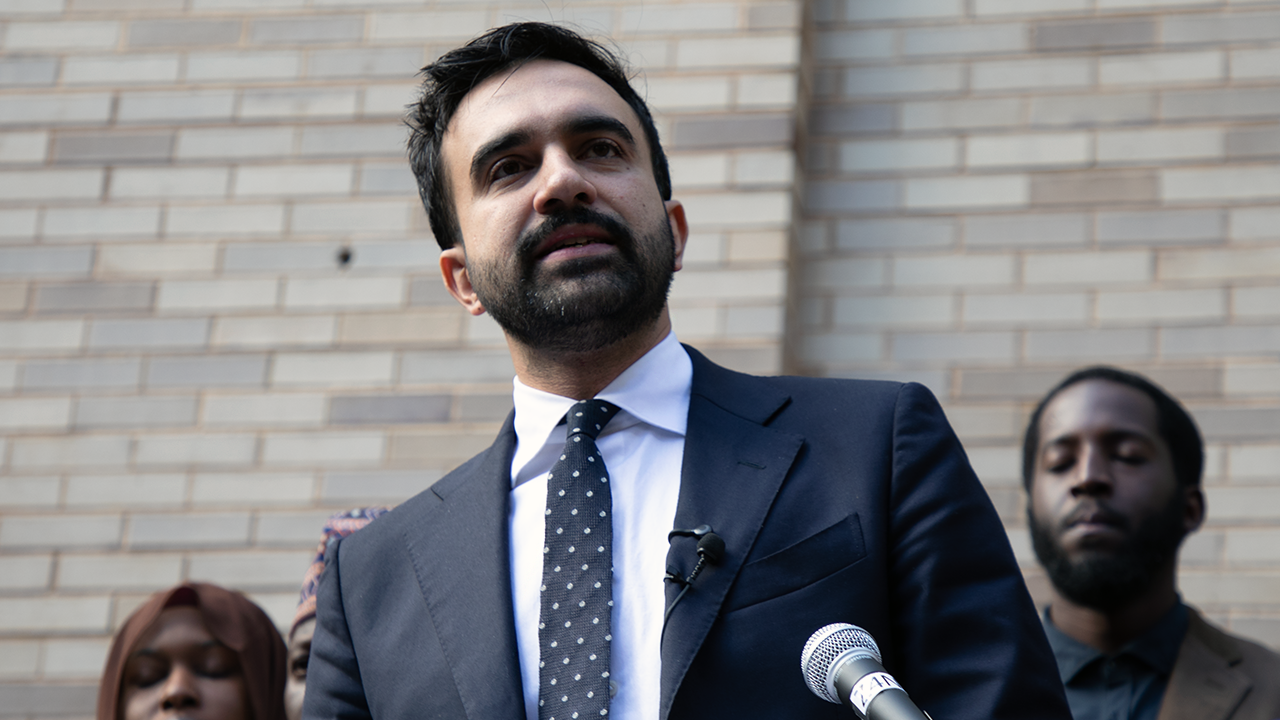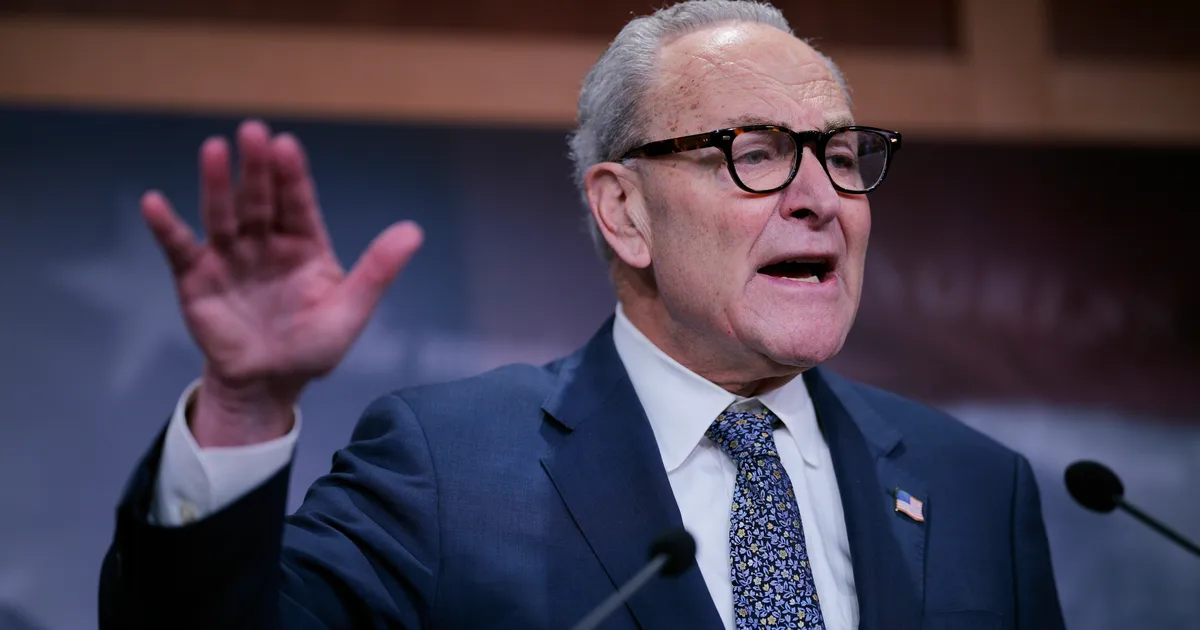Copyright CNBC

Zohran Mamdani's shock-to-the-establishment victory on election night left the Wall Street and billionaire class reeling, but it could provide a jolt to the small business community. Supporters of Zohran Mamdani point to the mayor-elect of America's largest city having put out a detailed policy plan for small businesses. Among Mamdani's small business policy proposals are cutting fines and fees for small businesses in half, including the $1,000 new business registration fee; speeding up permitting and making online applications easier; and a 500% increase in funding, to $25 million, for a city program that gives business owners individualized support. New York City's Business Express Service Teams (BEST) directly assist small businesses in applying for permits and complying with regulations. While threats have been made by the wealthy and big business class to abandon New York in the face of higher taxes, Mariano Torras, professor and chair of finance at the Robert B. Willumstad School of Business at Adelphi University on Long Island, says that Mamdani is trying to stem the tide of small businesses leaving the city. "We have seen a recent exodus of small businesses from NYC, as business owners find themselves priced out by policies that invariably favor large corporations and especially real estate developers," said Torras. Mamdani's proposal to turn empty office buildings into mixed-use or retail spaces could also be a positive for small businesses trying to navigate the complex and expensive New York City real estate market. The small business decline could be reversed through these and other policies that make it easier and less expensive to start or maintain a business in New York City, Torras said, specifically pointing to Mamdani's plans to cut small business fines and fees under the auspices of the small business czar. Some of Mamdani's better-known, and more controversial, policies could also serve as an indirect tailwind for small businesses, according to Michelle Bufano, a New York City-based small business consultant, "His proposals to reduce fines, expand affordable transit, and freeze certain rents could help residents and workers by fostering economic stability, which often benefits small businesses that depend on strong local communities," Bufano said. Andrew Stern, CEO of New York-based Quilt Software — which helps smaller businesses compete with larger ones — says that small retailers should keep an eye on Mamdani's proposed rent freeze. "While he's expressed this is explicitly residential for now, he has also previously shared the importance of stability for tenants across the board," Stern said, noting that could provide an opening for local retailers to afford to stay in the neighborhoods they started in. "There are risks following this election, too," Stern added. For example, proposed city-owned grocery stores have good intentions in mind, but could create tough competition for independent local grocers. The $30 minimum wage issue Bufano says the biggest concern she hears from small business owners is about the proposed $30-per-hour minimum wage by 2030, something she says could cause a real headache for some. Bufano points out that pay structures inside most small businesses are tiered, with more experienced workers receiving higher wages. "If wages jump to $30 per hour for entry-level workers, small businesses will have to raise pay across the board to keep the tiered structure in place. And that will add up fast for small businesses," Bufano said, with many small businesses running on thin margins unable to absorb the cost. This proposal could create new pressures for small business owners already navigating high overhead and post-pandemic recovery. "I work directly with small businesses and entrepreneurs across the NYC metro area and nationally, and as a small business owner myself, I see every day how even small policy shifts can have big ripple effects," Bufano said. "This is especially true for small businesses operating on tighter margins, with limited budgets, and lacking the financial cushion or capital reserves that larger companies can rely on." Analysis from Columbia Business School shared on Wednesday morning via email pointed to studies which have struggled to conclusively answer this question. There is a risk of increased worker productivity resulting from higher wages being offset by profit declines, but real estate costs and red tape are also often cited by business owners more frequently than wages as the bigger challenge. Certain sectors would likely be hit harder than others by a higher minimum wage. "A $30 minimum wage in New York City would hit the restaurant and food business sector like a tsunami—one that could lift workers' incomes while simultaneously reshaping the entire dining landscape," wrote Stephen Zagor, adjunct assistant professor of business in Columbia Business School's management division and a long-time consultant to the food industry. Progressive politics and cities as small business laboratories The biggest experiment for small business in New York and ultimately around the nation, according to Bhaskar Chakravorti, dean of global business at The Fletcher School at Tufts University, will be in pitting reduced costs and entry barriers against higher wages. Mamdani has to prove that lessening the burdens of bureaucracies, licenses, regulatory compliance, and all of the red tape associated with starting and running a small business can be balanced against potentially higher labor costs to produce a net win for the small business, the community and the cities at large. "Given the complexity and diversity of NYC, this suggests that many other progressive and Democrat-leaning cities will be looking to it closely as a laboratory," Chakravorti said. Other cities will be looking at whether small business capitalism can be combined with a progressive agenda and if there is a coherent progressive message that can counter the dominant Republican narrative that claims it stands for small business while critics say it actually gives the biggest breaks to the big ones. "I think it will be interesting to see how many of the original Mamdani promises are ones that he has to back away from as the reality hits — and how much of it is politically viable and keeps his basic platform and authenticity intact," Chakravorti said, also noting that he may not have much of a political honeymoon to get things done. "This being NYC, Mamdani will need to show some early wins — as there will be many waiting to pounce on his failures," Chakravorti said. As the business community awaits the actual policies the new mayor implements, "honestly, most small business owners are nervous," Bufano said. Mamdani's initiatives come with a lot of uncertainty, and she says that's unsettling for small business owners. "We like consistency and predictability so we can plan ahead, budget, and grow responsibly. Mamdani's initiatives feel like a wild card right now. No one really knows how — or even if — his ideas will play out in practice. Most small business owners will likely take a wait-and-see approach," Bufano said. But she agrees that what happens in NYC won't stay in NYC as it becomes a live experiment in balancing social progress with economic reality. "Cities across the country watch and learn from its policy choices. If Mamdani's approach works, it could redefine what progressive capitalism looks like in America, with small businesses at the heart of proving its sustainability," Bufano said. Torras says that New York City may now well serve as a progressive policy proving ground that will spread to other cities. "Mamdani's initiatives are likely to be emulated by municipalities in other counties and states, as it is increasingly evident that steps must be taken to stanch the outflow of small businesses everywhere," Torras said. "While the cost of Mamdani's proposals is likely to be challenged by established businesses and the wealthy, he counts among his allies the many potential beneficiaries, either directly or indirectly, associated with local business," Torras added.



